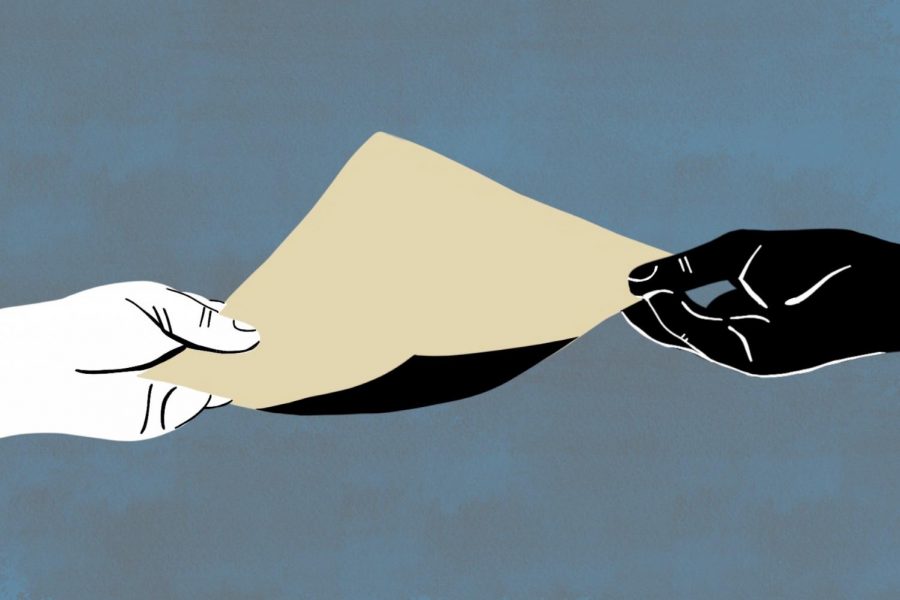Evanston Present and Future starts Reparations Ambassador program
The Reparations Ambassadors program is made up of white and non-black people of color who will take on the responsibility of educating others and fundraising.
November 17, 2020
Ever since Evanston started talks of reparations in June 2019, Kemone Hendricks has been there.
The Evanston Present and Future founder has spoken at several city council meetings in support of the fund. When the reparations subcommittee sought out input on the structure of the reparations program, she volunteered to organize residents’ comments and present them to the committee.
Most recently, Hendricks created the Reparations Ambassador program to encourage non-Black residents to advocate and seek donations for the reparations fund.
Started by the city in September 2019, the reparations fund is mostly made up of the city’s cannabis retail and will be $10 million. While this fund is historic, the amount will not be enough, Hendricks said.
“When it comes to reparations, it’s never going to be enough money,” Hendricks said. “There is no dollar amount unless it is in the trillions, that can really address the repair that is needed.”
Black residents have had to serve as unofficial ambassadors for the reparations initiative, and have taken on the burden of generating support for the fund, Hendricks said.
“The purpose of the group is to take the burden off of the Black community… and put it on White people to grow the fund and educate their family, friends, other organizations, businesses, colleagues, et cetera, and have them do the work of growing the fund,” Hendricks said.
Any White or non-Black Evanston resident can sign up for the program. Evanston Present and Future will start by training a group of 20 ambassadors but has plans to increase the pool of ambassadors.
As part of the training program, Hendricks will invite community speakers to host Zoom meetings for volunteers, and plans to teach the future ambassadors how to host their own meetings on the subject.
Hendricks has already assigned selected ambassadors a list of initiatives f to complete ahead of the training, such as watching all the city’s town hall meetings related to reparations and reading various articles on the subject.
“When we do start the training, we won’t have to go backward,” Hendricks said. “ Right now, we are focusing on getting everybody up to date on the process.”
Parsons School of Design graduate student Jason Brown is also assisting Hendricks in creating the ambassador program. Brown, a former Evanston resident, is currently researching the city’s reparations fund, has been helping Hendricks through what he has learned in his research, he said.
While there is significant work to be done on the economic side of reparations, Brown said the ambassador program can help address much of the social work that needs to be done.
“The ambassador program could function as this social and cultural outreach for neighbors talking to neighbors about what reparations means, as well as contribute to actionable, economic-financial contributions,” he said.
If the program is successful, ambassadors could help increase donations to the fund, which would allow the reparations subcommittee to establish more projects, resident Henry Wilkins said.
One project the subcommittee has discussed is the addition of a public community STEM school in the 5th Ward, Wilkins said. The area has no public schools, and students in the neighborhood have been bussed to four different schools, fragmenting the community, he said.
Reparations ambassadors can help to get funding for projects, like the STEM school, by bringing increasing awareness around these issues and getting more donations.
“It’s a team effort,” he said. “ You don’t know what that next conversation or video shared on Facebook is going to lead to.”
Email: samuelheller2022@u.northwestern.edu
Twitter: @samheller5
Related Stories:
— Reparations subcommittee to use $400,00 towards restorative housing programs



